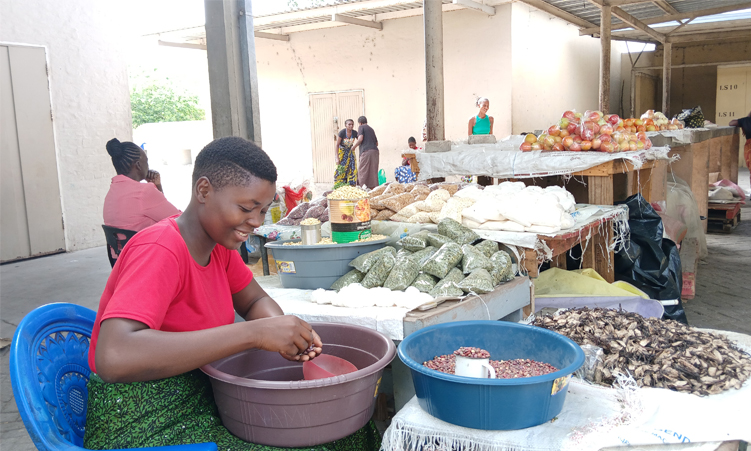THE festive season is a time for celebration and family gatherings, and many pregnant women may find themselves planning trips. While travelling during pregnancy is often safe, it does come with unique challenges and risks. With the right preparation and precautions, expectant mothers can enjoy safe and comfortable journeys.
When Is the Best Time to Travel?
- First Trimester (0-13 weeks): While travel is generally safe, nausea and fatigue can make it uncomfortable. There is also a slight risk of miscarriage or ectopic pregnancy. Pregnant women should confirm a healthy intrauterine pregnancy with an ultrasound before travelling.
- Second Trimester (14-28 weeks): This is the safest and most comfortable time to travel. The risk of complications is lower and many early pregnancy symptoms, like nausea, have often subsided.
- Third Trimester (29-40 weeks): Travel can be challenging due to physical discomfort, such as swelling, heartburn and sleep disturbances. This period carries a higher risk of complications like preterm labor or high blood pressure. Many airlines and cruise lines limit travel after 28 weeks.
Preparing for Travel
Before embarking on a trip, pregnant women should:
- Carry all antenatal records, test results and contact details for their healthcare provider.
- Purchase comprehensive travel insurance that covers pregnancy and newborn care.
- Pack pregnancy-safe medications for common issues like nausea, reflux, constipation or back pain.
Travelling Safely
- In Cars: Always wear a seat belt. Position the lap belt under the baby bump and the shoulder strap between the breasts. Frequent breaks to allow ambulation, stretching, hydration and bathroom breaks.
- On Flights: Many airlines allow domestic travel until 36 weeks and some restrict international travel until 32-34 weeks. A doctor’s note may be required after 28 weeks. To prevent blood clots on long flights, wear compression stockings, move around regularly and stay hydrated. Available literature suggests that air travel radiation presents a negligible risk for the developing foetus.
- On Ships: Most cruise lines restrict travel after 28 weeks. Sea travel can worsen nausea, so anti-nausea medication may help.
Infection and Vaccine Awareness
Pregnancy weakens the immune system, making women more vulnerable to infections like malaria, Zika virus and Covid-19. Expectant mothers travelling to areas with these diseases should:
- Use insect repellents with DEET.
- Wear long clothing and sleep under mosquito nets.
- Take malaria prevention medication if advised by a doctor.
Pregnant women should avoid live vaccines, such as yellow fever, unless absolutely necessary, as they pose a potential risk to the foetus.
Preventing Blood Clots
Pregnant women have a higher risk of blood clots during travel. To reduce the risk:
- Wear loose, non-restrictive clothing and compression stockings.
- Take regular breaks to walk and stretch.
- Drink plenty of water and limit caffeine and alcohol to avoid dehydration.
Final Tips
With careful planning, travelling during pregnancy can be both safe and enjoyable. Always consult your doctor before making travel plans and follow these tips to ensure a smooth journey.
This festive season, expectant mothers can join their loved ones in the celebrations while keeping their health and their baby’s well-being a top priority.
- Dr. David Emvula is specialist obstetrician and gynecologist at OB-GYN Practice, Lady Pohamba Private Hospital.He is the head of department of Obstetrics and Gynecology at Windhoek Central Hospital.
Stay informed with The Namibian – your source for credible journalism. Get in-depth reporting and opinions for
only N$85 a month. Invest in journalism, invest in democracy –
Subscribe Now!






